
Myanmar’s Junta Faces Criticism as It Prepares for Controversial 2025 Election Amid Chinese Influence
Myanmar’s military government is moving forward with plans for a 2025 election, drawing sharp criticism from opposition groups and international analysts who question its legitimacy. Critics also highlight China’s role in urging Southeast Asian nations to endorse the election as a resolution to Myanmar’s ongoing political and humanitarian crisis.
The military coup of February 2021, which ousted Myanmar’s democratically elected government, plunged the nation into a devastating civil war, with thousands killed and millions displaced. Regional stakeholders, including ASEAN and China, have engaged in various diplomatic efforts, including a December 19 meeting in Bangkok.
At the meeting, Chinese Vice Foreign Minister Sun Weidong advocated for Myanmar’s “peace and reconciliation,” urging regional neighbors to support the junta’s election roadmap. Myanmar’s Deputy Prime Minister Than Swe outlined the military’s plan, which opposition groups, including the National Unity Government (NUG) and ethnic armed forces, have rejected as neither free nor fair.
China’s Expanding Influence
China, maintaining close ties with Myanmar’s military and ethnic armed groups, has been pushing ASEAN members to deepen engagement with the junta. Analysts argue this approach serves Beijing’s interests by sidelining Western interventions and bolstering its regional influence.
Jason Tower of the United States Institute of Peace noted that China views ASEAN’s engagement with Myanmar’s regime as a way to legitimize its own involvement. Myanmar analyst Sai Kyi Zin Soe added that ASEAN nations face economic and security pressures from China, which further complicates their stance.
Skeptics warn that elections held under the military’s control will likely lead to superficial peace, failing to address Myanmar’s deep-rooted ethnic and political divisions.
Junta’s Military Losses and Concessions
Myanmar’s military has suffered significant battlefield losses, with key territories falling to rebel groups, including the Kokang group and the Arakan Army. The military’s declining control has reportedly forced it to concede parts of its sovereignty to China, including proposals for joint security ventures in resource-rich regions.
Experts see these concessions as a sign of desperation, with the junta relying on external support to maintain its grip on power. “China is turning Myanmar into a testing ground for its Global Security Initiative,” Tower said, referring to Beijing’s plans for regional security expansion.
Concerns of ‘Negative Peace’
Observers caution that the junta’s election plans, without genuine dialogue, risk creating a fragile ceasefire rather than lasting peace. Myanmar’s humanitarian crisis, with 42 million people living in poverty, exacerbates the challenge.
“If the international community pushes for a ceasefire, the election may occur,” said Sai Kyi Zin Soe. “However, it won’t solve Myanmar’s long-term problems.”
As China’s influence grows, analysts warn that ASEAN must carefully navigate its role to avoid enabling a resolution that serves Beijing’s strategic interests over Myanmar’s democratic aspirations.
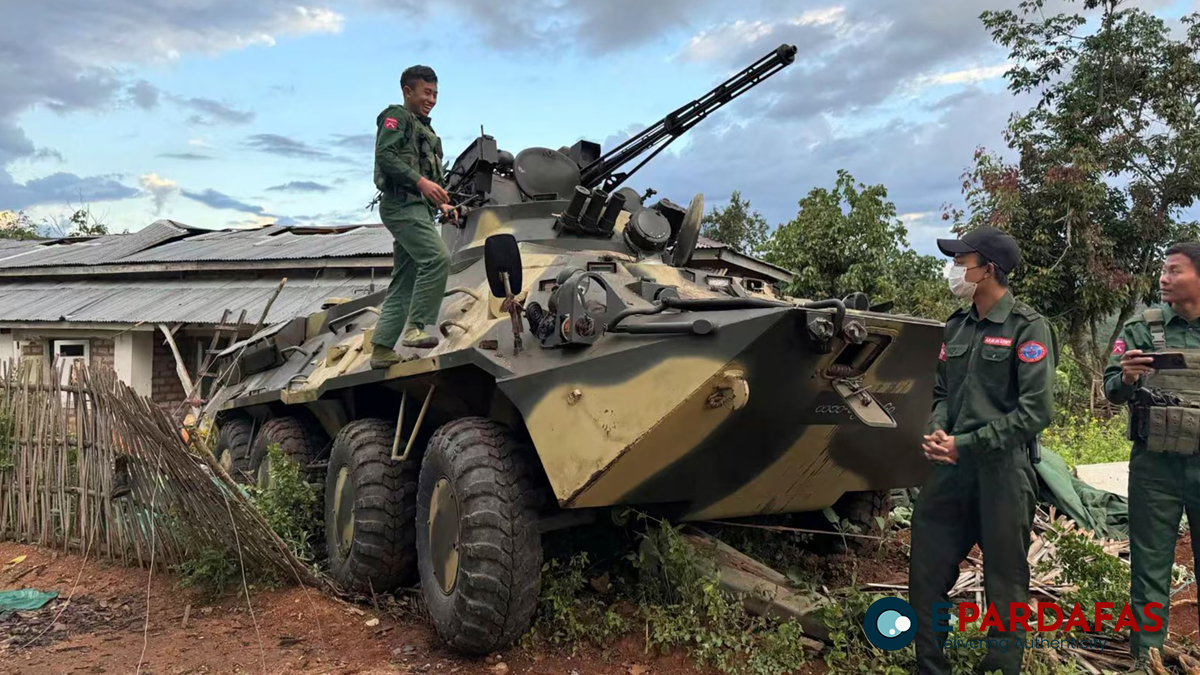


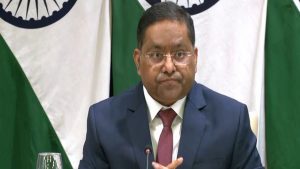

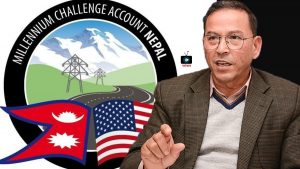

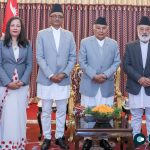
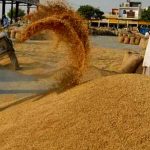


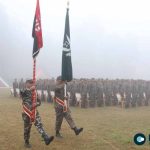
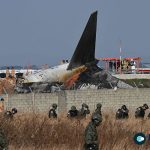
Comments